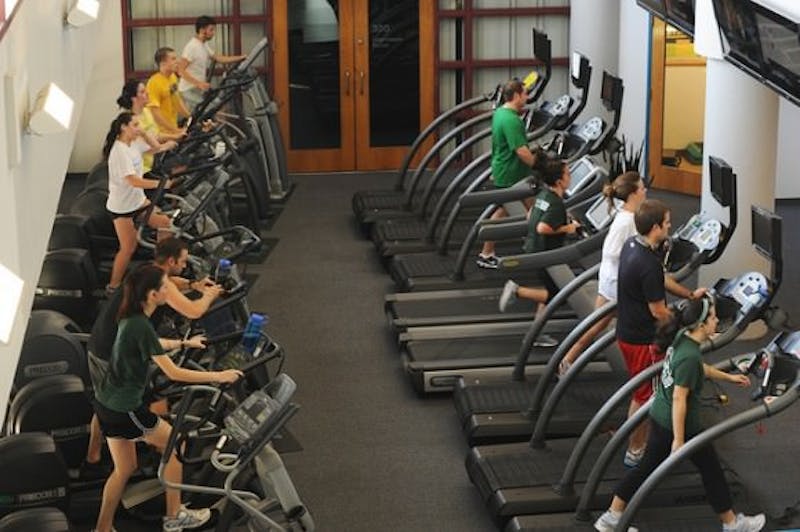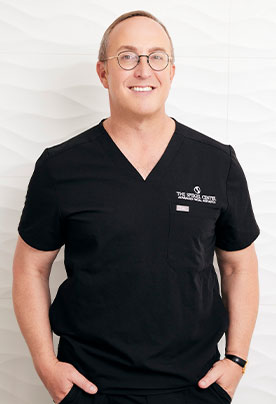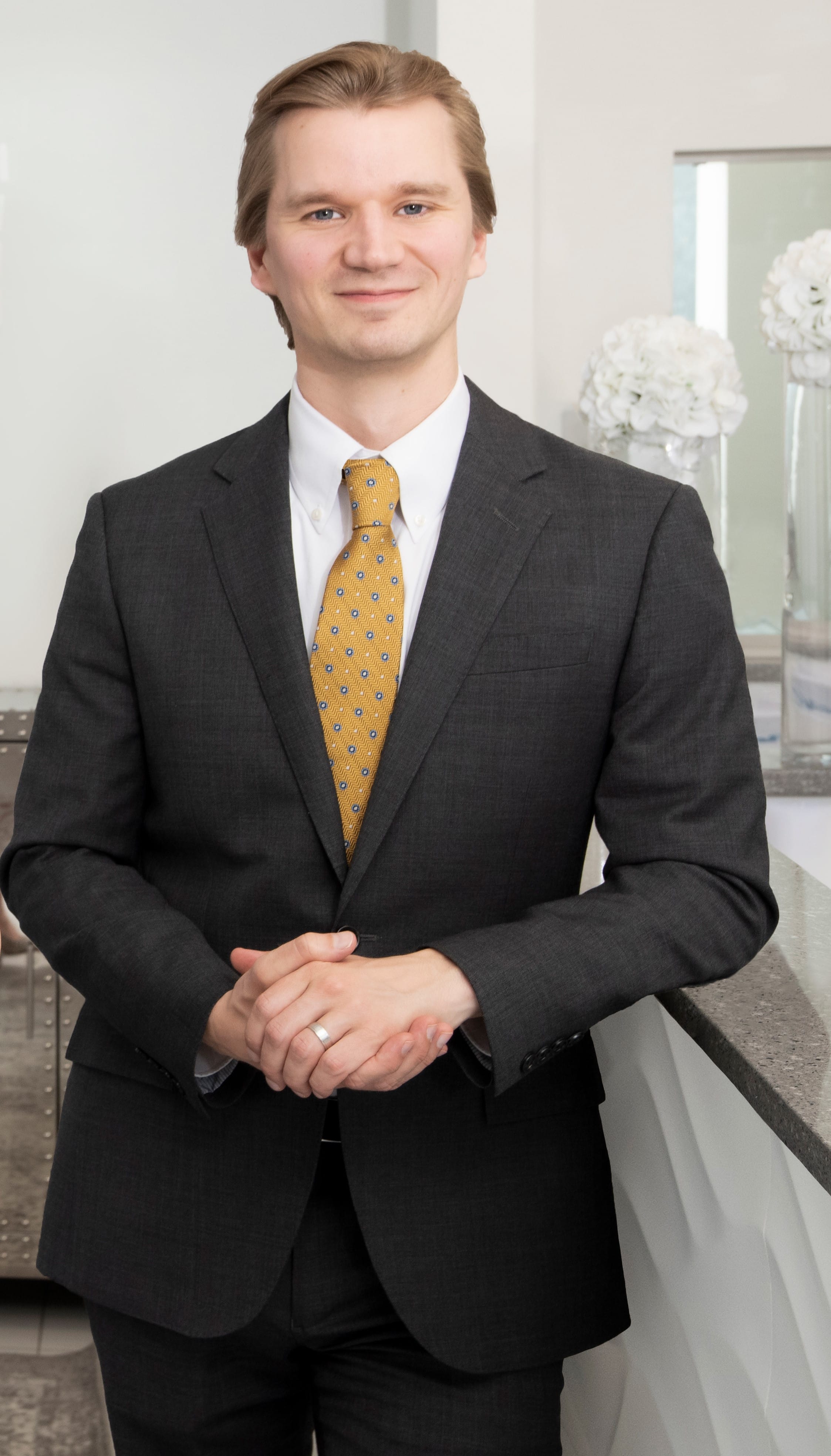
Image Source: Flickr/Tulane Public Relations
Working out and exercising seem like they would be the best things you could do for your body. However, some sources state that working out may be making people look years older than they really are. Does this mean you should hang up your running shoes for good? Should we really add working out to the list of things that contribute to signs of aging?
Outdoor Fitness
Some of the most popular exercises such as jogging, running, cross-fit and walking are often done outside. Getting outside in the fresh air and working out should be fantastic for you, right? What people may not be stopping to consider is that exercising outdoors requires protection from the sun regardless of how sunny it is outside. Those who exercise outside are at risk of sun damage which can cause premature wrinkles and a host of other skin problems that make people appear older. Before heading out, it is crucial to use a sunscreen with an SPF of at least 30. Sunscreen needs to be used even on cloudy days and in the winter time to provide the protection necessary from sun exposure.
Breast Support
Any exercise that involves bouncing such as running, aerobics, jumping rope or stair climbing can prove to be a problem when done by women. The high-impact of these workouts can contribute to premature sagging of breasts by stretching out the breasts’ ligaments. To avoid this, women who participate in these high-impact activities need to have supportive bras on such as a sports bra. These bras hold the breasts in place better and do not allow them to bounce around enough to stretch the ligaments. For those who have already experienced this kind of damage, a breast lift may give them the appearance of more youthful breasts.
Facial Skin Elasticity
A condition known as “runner’s face” is characterized by sagging skin and wrinkles on the face. While some may think that it is the body’s impact with the pavement at each step that causes these sorts of skin problems, the truth is slightly more complicated. The wrinkles, sagging and loss of skin elasticity are actually due to the free-radical damage that is caused from an increased intake of oxygen while running. Luckily, recent research suggests that this skin damage only occurs when the person is exercising very strenuously on a regular basis. This means that people who jog a few times per week may not experience a noticeable amount of change in the face’s skin.
The conclusion is that some exercise routines may indeed make people appear older when the changes in the face are looked at over a period of time. Those who have already seen the damage can have a number of different procedures done to help them roll back the hands of time including Botox injections to help with wrinkling and chemical peels. Don’t stop exercising; just follow the simple tips laid out here to protect your youthful skin while working up a sweat.





